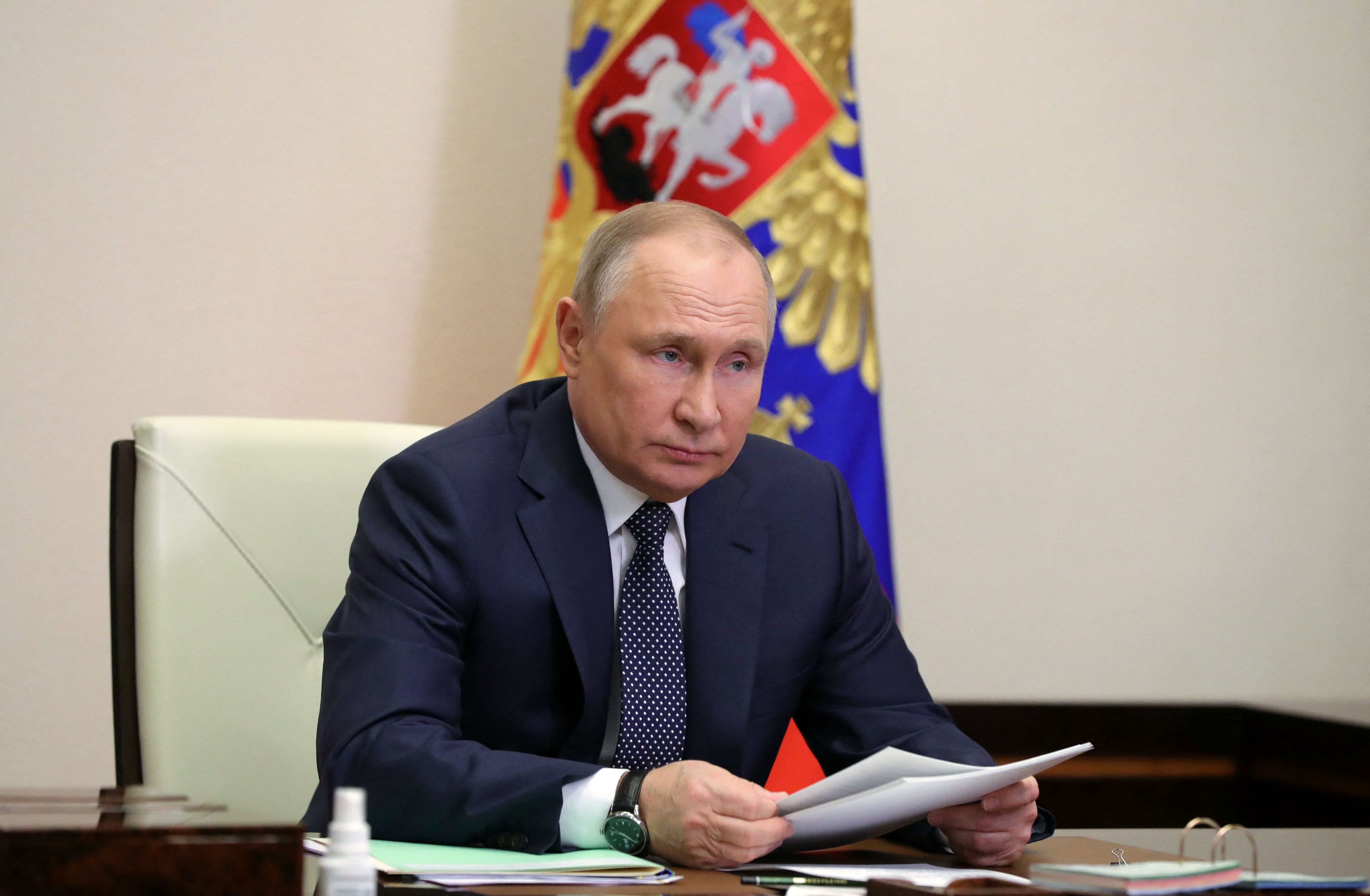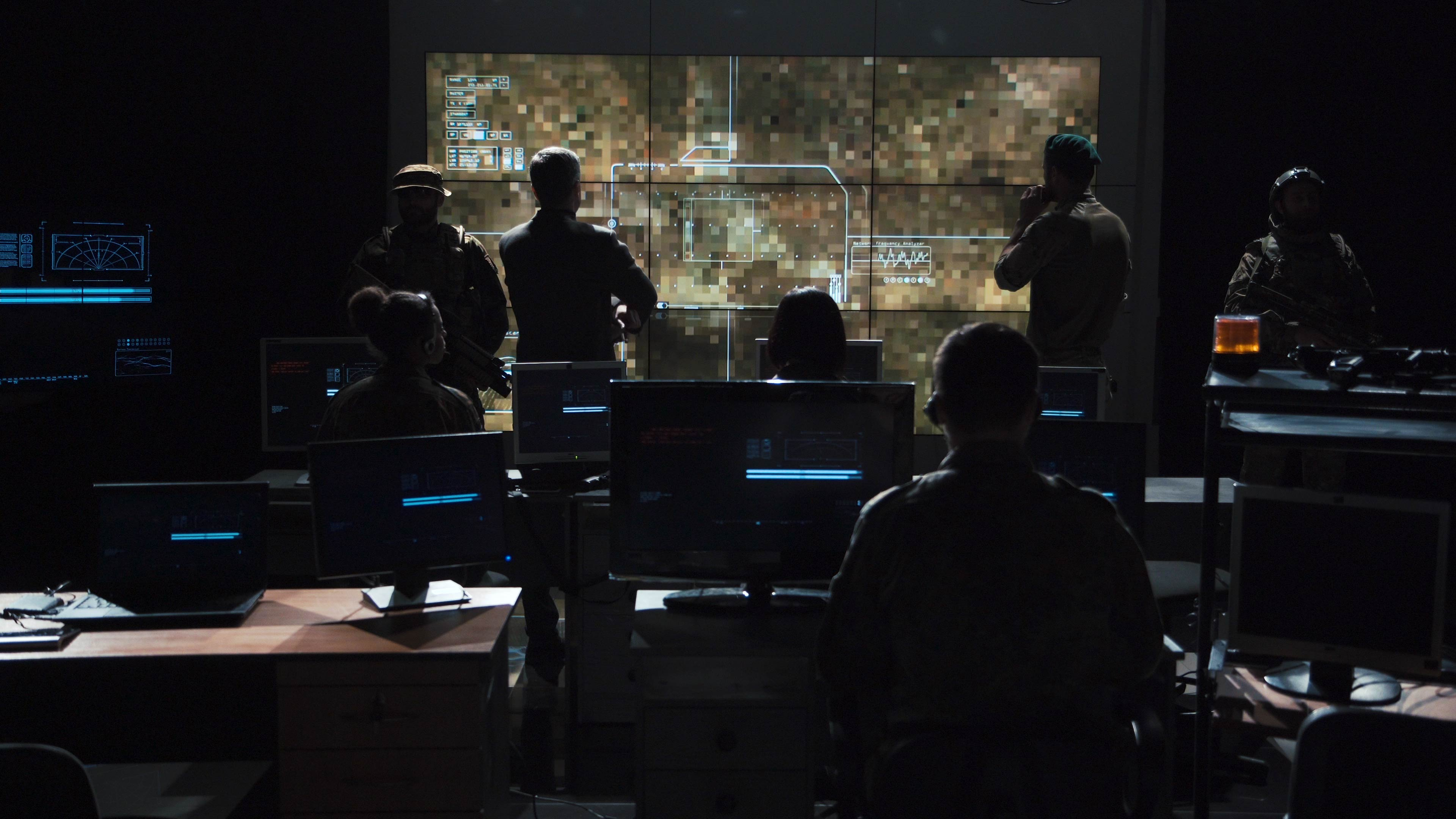As Russia's invasion of Ukraine grinds into its third month with no resolution in sight, NATO leaders are bracing for an interminable war in Europe.
The possibility that Ukraine may remain a deadly battlefield is fueling concerns about continued continental and global instability for months, or even years, to come.
WATCH ANYTIME FOR FREE
Stream NBC10 Boston news for free, 24/7, wherever you are. |
Harvard scholar Oleh Kotsyuba and Northeastern University professors Mai’a Cross and Pablo Calderon explained why they disagree with that line of thinking in NBC10 Boston's weekly series, "Russia-Ukraine Q&A."
More from this series
Get updates on what's happening in Boston to your inbox. Sign up for our News Headlines newsletter.
Russia recently launched a new offensive in the south and east of Ukraine after failing to hold control of northern areas, including the city of Kyiv. Cross chalked this failure up to a series of bad decisions that Russian President Vladimir Putin has made over the course of the war.
"Russia has been a loser in all of this. We have to acknowledge the fact that Russia is much weaker than many military analysts thought," Cross said. "I think that there can be this protracted conflict, particularly in parts of the Donbas, but it's going to be very hard for Russia to hold onto any territory that it it claims to have gained in some way."
Just as Putin has not signaled a willingness to intensify the invasion, neither has he shown any sign of backing down. Nor has Ukrainian President Volodymyr Zelensky, who is now asserting that Ukraine will not only beat back the current Russian invasion but regain control of Crimea and other areas that Russia has occupied or otherwise controlled since 2014.
Get updates on what's happening in Boston to your inbox. Sign up for our News Headlines newsletter.
"People are willing to fight until there is a victory," Kotsyuba said, noting that Ukrainian Foreign Minister Dmytro Kuleba made a statement Tuesday that indicated Ukraine is expanding its overall objective. "I think that definitely shows a certain kind of growth and confidence."
With the war now in its 11th week and Kyiv bogging down Russian forces and even staging a counteroffensive, Kuleba seemed to indicate that the country could go beyond merely pushing Russia back to areas it or its allies held on the day of the Feb. 24 invasion.
The idea reflected Ukraine’s ability to stymie a larger, better-armed Russian military, which has surprised many who had anticipated a much quicker end to the conflict.
"There's no way that the Ukrainians are going to sign some kind of treaty saying that they're happy to cede this territory to Russia," Cross said. "I think there's the possibility of the conflict kind of dragging on in a way, but I think what we have to acknowledge is that Russia needs to be held to account."
"People are willing to fight until there is a victory."
Oleh Kotsyuba, Harvard University
On top of draining resources, the conflict is taking an economic toll on both countries, which experts say is unsustainable.
The Ukrainian economy is projected to fall 45% this year, Kostyuba noted, and currently needs an injection of $5 billion per month just to cover the humanitarian needs. And although Russia has so far averted a historic debt default since sanctions were imposed on its foreign currency reserves, analysts believe it is only delaying the inevitable.
"If we've learned anything from the last 70 years of conflict, it's that rarely the odds are with the invading forces, right? So the advantage, though, is going to be with the invaded for a great extent, primarily because they can hold on, they can buy their time and invading a country takes a huge amount of resources and Russia's resources are definitely finite," Calderon said. "There is an expiration date to the Russian war effort. They cannot keep up this space and this degree of military engagement for much longer."
Sign up for our Breaking newsletter to get the most urgent news stories in your inbox.
"This is precisely why the sort of support that Ukraine is receiving from the West in particular is very, very important because that pretty much means that the resources available to the Ukrainian military in the Ukrainian war effort are vastly superior to those available to the Russian forces," Calderon said. "There's beginning to be a huge asymmetry here in sight, and I think that's why Vladimir Putin is particularly interested in having some sort of quick resolution because they have to have some sort of quick resolution -- they cannot keep forces indefinitely in Ukraine."
There is an important role to be played by the West to help secure a finite ending to the war, Cross emphasized.
"Russia needs to be held to account that it clearly was behaving and is behaving like a kind of rogue state, that it has egregiously violated international norms and that has to be the goal of holding Russia to account," Cross said. "You know, really punishing it for the war crimes and really conveying the idea, not that necessarily both powers can't move forward, but that actually one has really lost in a way or is losing and and the rest of the world is determined to make sure that that loss is solidified."



